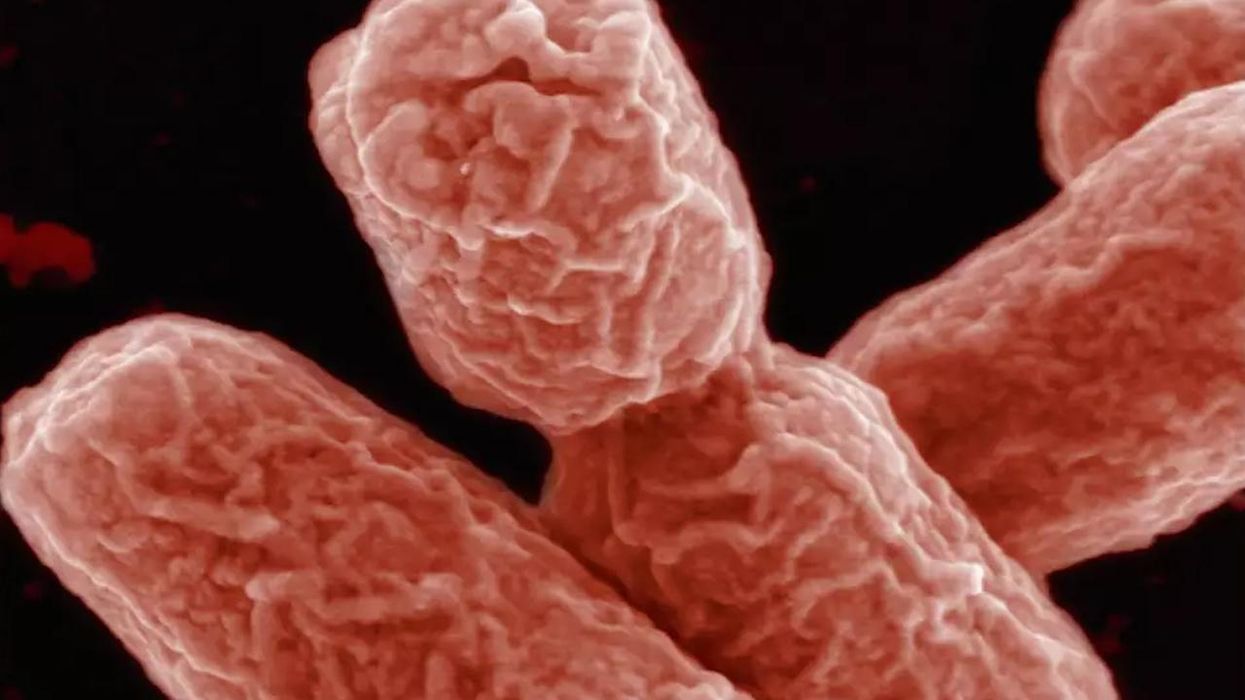Kate Plummer
Aug 31, 2022
Antibiotic 'Trojan horse' could defeat superbugs causing global medical crisis, trial finds
Indy
Poo transplants could be the answer to treating people with superbugs, according to the health regulator.
The National Institute for Health and Care Excellence (Nice), has given the green light for a faecal microbiota transplant (FMT) (that's transferring gut bacteria from healthy people's poo to you or I) to be offered to people who have been treated for two or more Clostridium difficile (C diff) infections without success.
C diff is a type of bacteria that can cause diarrhoea, and often affects people who have been taking antibiotics. People are more likely to get a C diff infection if they are over 65, have been staying in hospital for a long time, or if they have a weakened immune system from long term conditions or treatments like chemotherapy.
It is called a superbug because it can sometimes be resistant to treatment.
Nice said clinical trials showed that FMT treatments are way better than antibiotics alone at treating C diff and that it works by helping restore healthy gut bacteria in the gut of ill patients.
Sign up to our free Indy100 weekly newsletter
So how does the poo transfer work? Patients can get it via a tube inserted directly into the stomach through the nose, or it can be deposited directly into the colon through a tube or swallowed via a pill.
Mark Chapman, interim director of medical technology at Nice, said: “There is currently a need for an effective treatment of C diff in people who have had two or more rounds of antibiotics.
“Our committee’s recommendation of this innovative treatment will provide another tool for health professionals to use in the fight against this infection, while at the same time balancing the need to offer the best care with value for money.
“Use of this treatment will also help reduce the reliance on antibiotics and in turn reduce the chances of antimicrobial resistance, which supports Nice’s guidance on good antimicrobial stewardship.”
Nice said it made its decision after reviewing evidence from five trials of 274 adults. They also showed evidence it is a lot cheaper for the NHS and estimated that 450 to 500 people in England could be treated using FMT for multiple recurrences of C diff infections each year.
Sounds pretty good to us.
Have your say in our news democracy. Click the upvote icon at the top of the page to help raise this article through the indy100 rankings.
Top 100
The Conversation (0)














